While some adoptees have strong desires to meet their birth parents, sophomore Anuj Gupta, who was adopted from India, said he has no interest and denies this common stereotype.
“I feel like a common stereotype is that you should want to meet your birth parents,” Gupta said. “Not everyone necessarily wants to meet their birth parents.”
Gupta said he is happy with his current family and does not want to overcomplicate the situation.
“Like, I don’t really care, and I’m extremely grateful for what family I got brought into, and I’m just so happy,” Gupta said. “I feel like when people try to ask me questions like why I don’t want to meet my birth parents, I feel like it would create so much more drama.”
Gupta’s father is Indian, and thus, his family chose to adopt from India. Gupta said he has a large family, and does not need to find his birth parents.
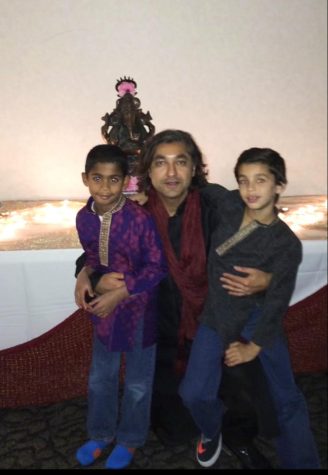
“(My parents) wanted to adopt a kid from India because my dad’s Indian,” Gupta said. “I have been back maybe five or six times when I was younger because my dad wants us to go back to visit our extended family and it was really fun.”
Gupta said visiting his adoptive extended family sparked an interest in his heritage, and he likes going back to India.
“It was really interesting, and it sparked my interest to go back to the places I was from,” Gupta said.
For history teacher Joshua Peterman, who met his biological mom when he was 19, meeting his biological parent was not a good experience. Peterman is Black and was adopted into a white American family.
Peterman said he wanted to know if certain traits of his came from his biological parents or if they were simply his own. He said this is the question that sparked his interest in seeking out his biological parents.
“So there’s always parts about your personality that don’t necessarily come from your parents. Is it stuff that you learn and like or does it come from somewhere else?” said Peterman. “Especially when you are adopted there’s music that I like and stuff that i’m into that my parents never liked, that they never introduced me to. So does that come from my adoptive parents or somewhere else? I really wanted to know where I came from.”
Peterman said he started the process of finding his biological parents and he was successful. At the age of 19, he found them but regretted the experience.
“So, I really wanted to know where I came from and I was like, ‘Hey, I’d like to find my biological parents and let them know I’m good.’ So we started that experience and I met my biological mother when I was 19 years old in my freshman year of college,” Peterman said. “(Meeting her) was not a good experience. It was good in the fact that I was able to thank her for putting me up for adoption, which was substantially better for me.
“Not to say that this is how it would be for everyone, but I just built her up (differently) in my head and she was a person who made really bad decisions in life. One of the best ones she made was giving me to a family that would raise me.”
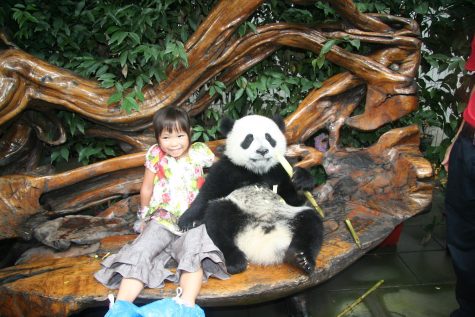
Still, not all adoptees feel the same. Senior Emily Hahn, who was adopted from China, said she has interest in finding her birth parents.
“I would love to try and meet them, but when I took a genetic test, it didn’t show anything and just meeting them would be difficult due to certain circumstances. I doubted it would show anything important, but I wanted to do it because I was still curious about my background and where I come from,” she said.
According to a study by Child Welfare, 65% of adopted adolescents expressed interest in finding their biological parents. The biological parents sometimes put in place a postadoption contact agreement, which allow or prohibit contact between the child, his or her adoptive family, and members of the child’s birth family. This also applies to people that the child has established a relationship with, such as a foster parent.
Ultimately, in honor of National Adoption Month in November, Gupta and Peterman both said they love their family, and wouldn’t trade them for anything. Despite having conflicting interests in finding their birth parents, as Peterman sought out his biological mother, and Gupta said he didn’t have an interest, they both cherish their family.
“(My parents) don’t see me differently, and I don’t see them differently. I just see them as my parents,” Gupta said. “It’s very as-it-was at birth. I look to them as my birth parents.”
Peterman concurs with this feeling.
“My sister and I, we are siblings, and have never treated each other as anything but siblings. It’s never been an issue. I just came to my family by a different way,” Peterman said. “My parents are my parents… there has never been a point in my life where I wished I had different parents. I wouldn’t change anything.”
This is the second of three parts for this story. The third part will center around stereotypes surrounding transracial adoption. Read the third part here.

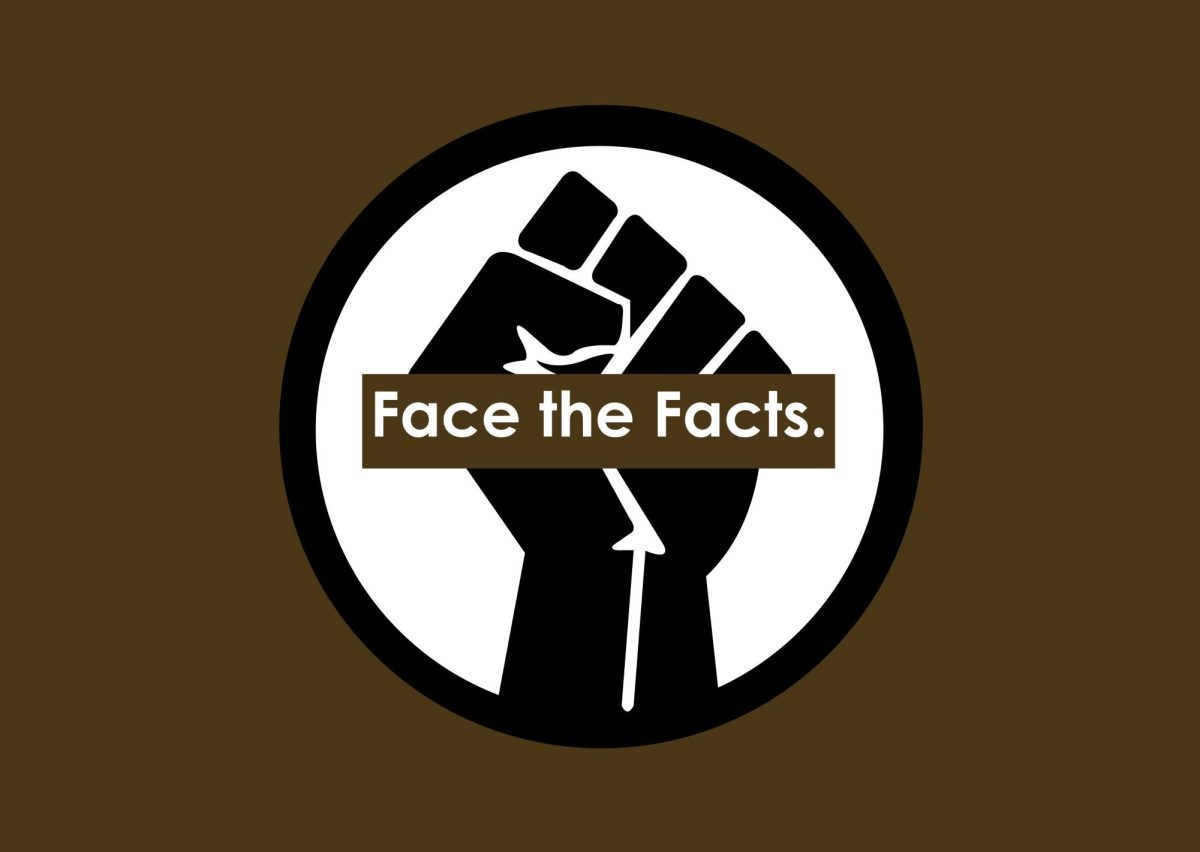









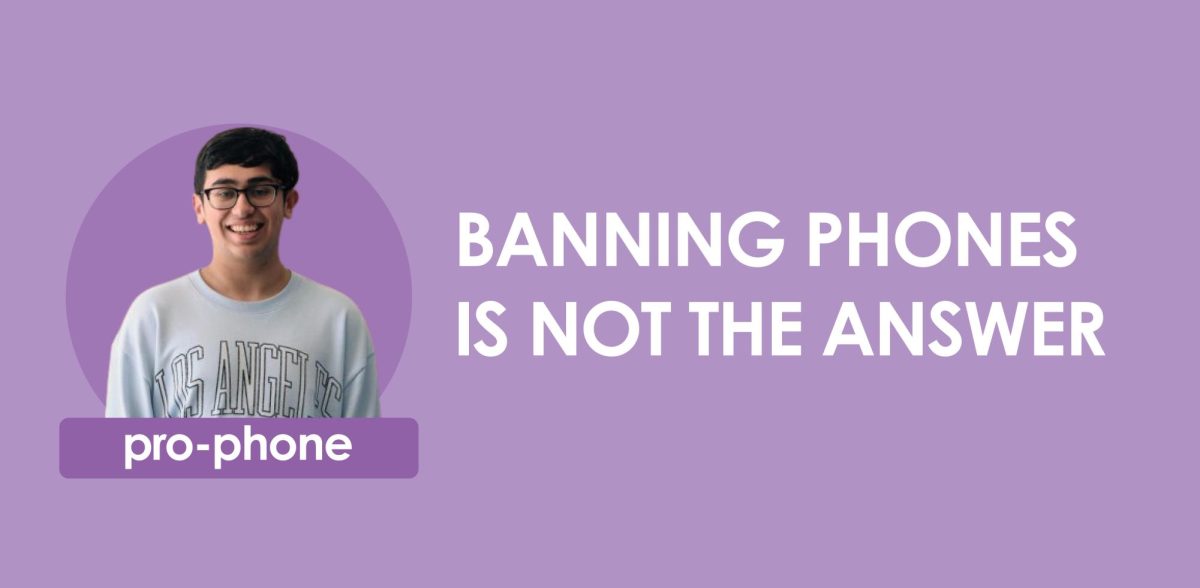
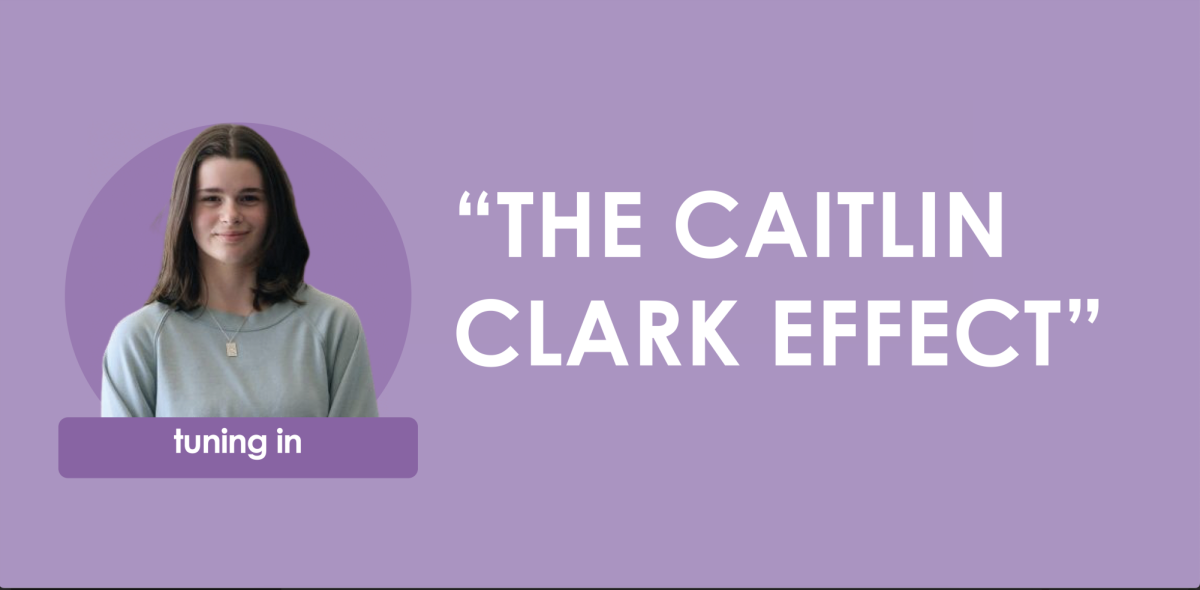





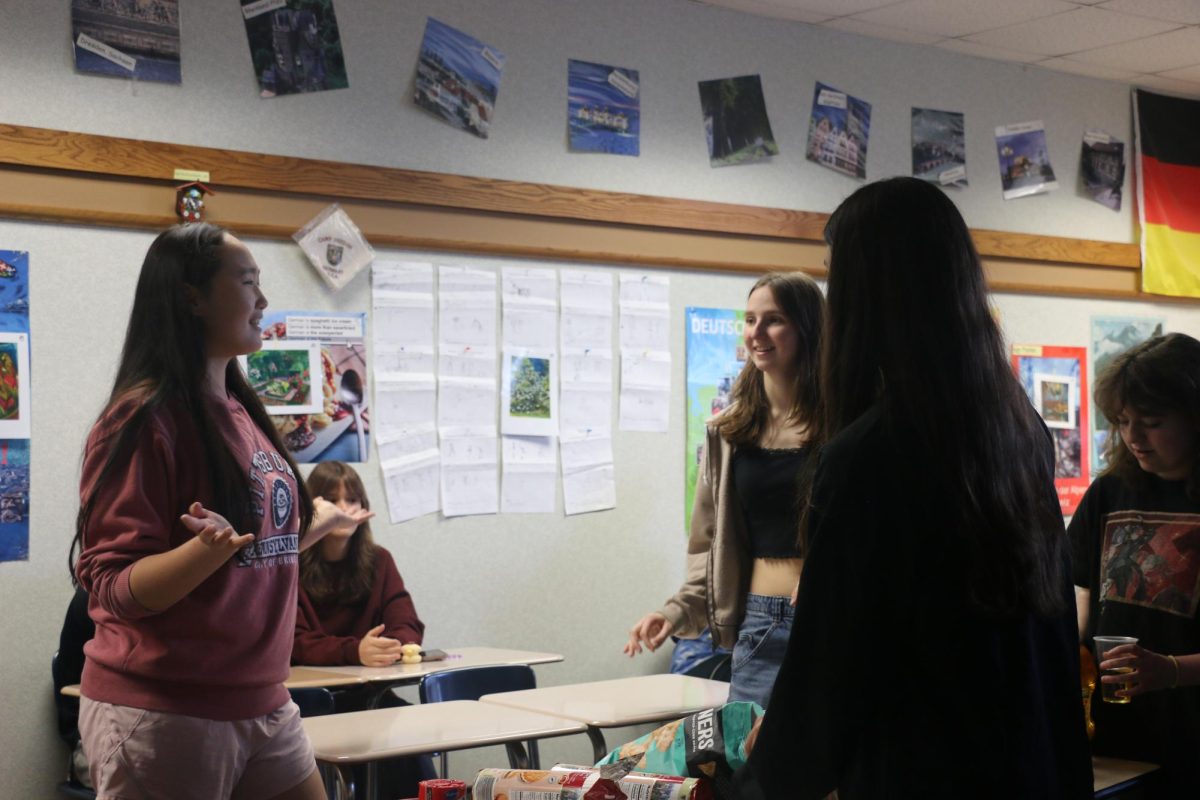

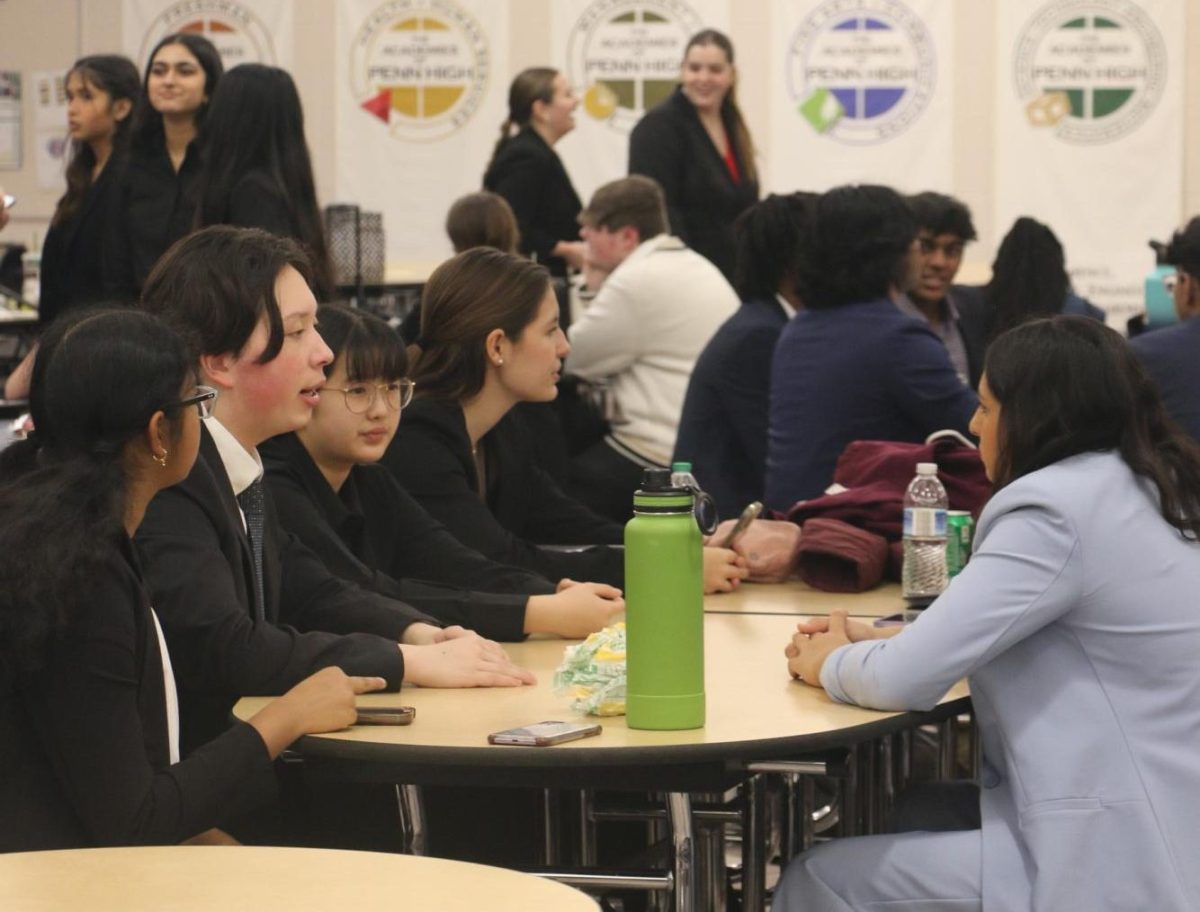
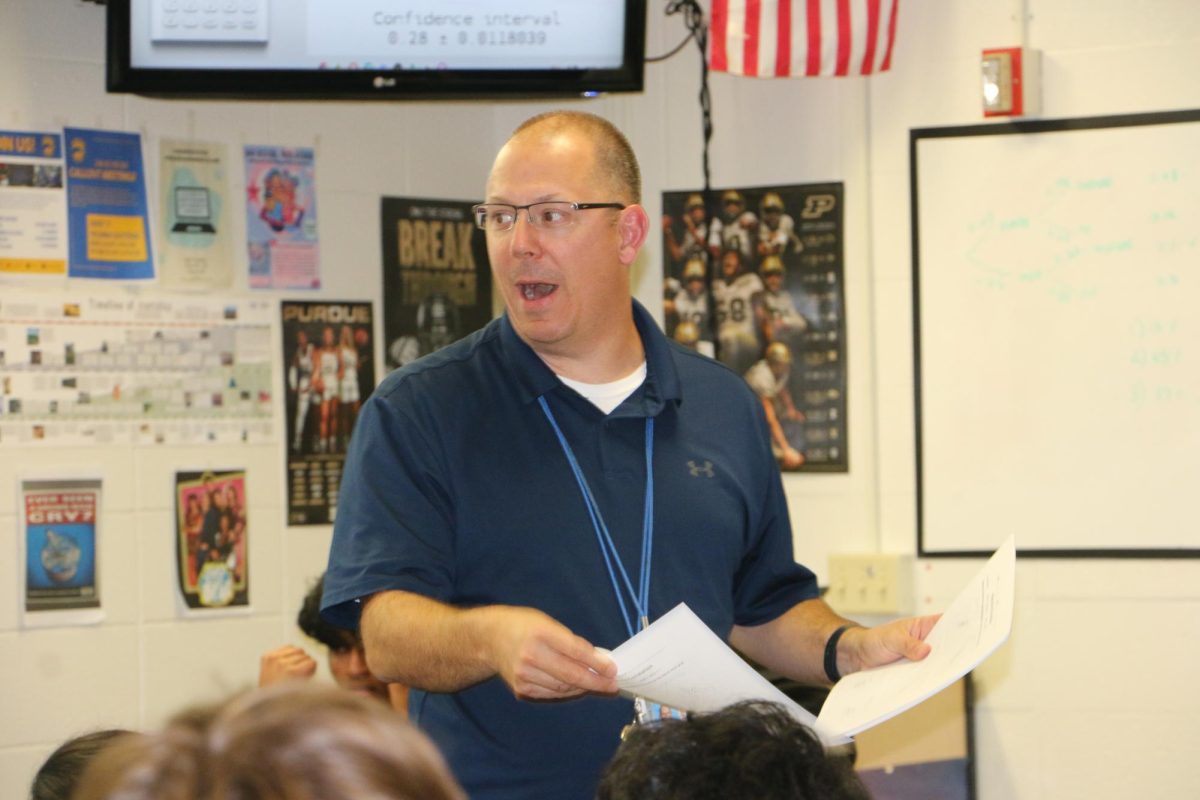








![Family vlogger controversy, need for content reform [opinion]](https://hilite.org/wp-content/uploads/2024/05/Screenshot-2024-05-14-11.33.37-AM-1200x465.png)
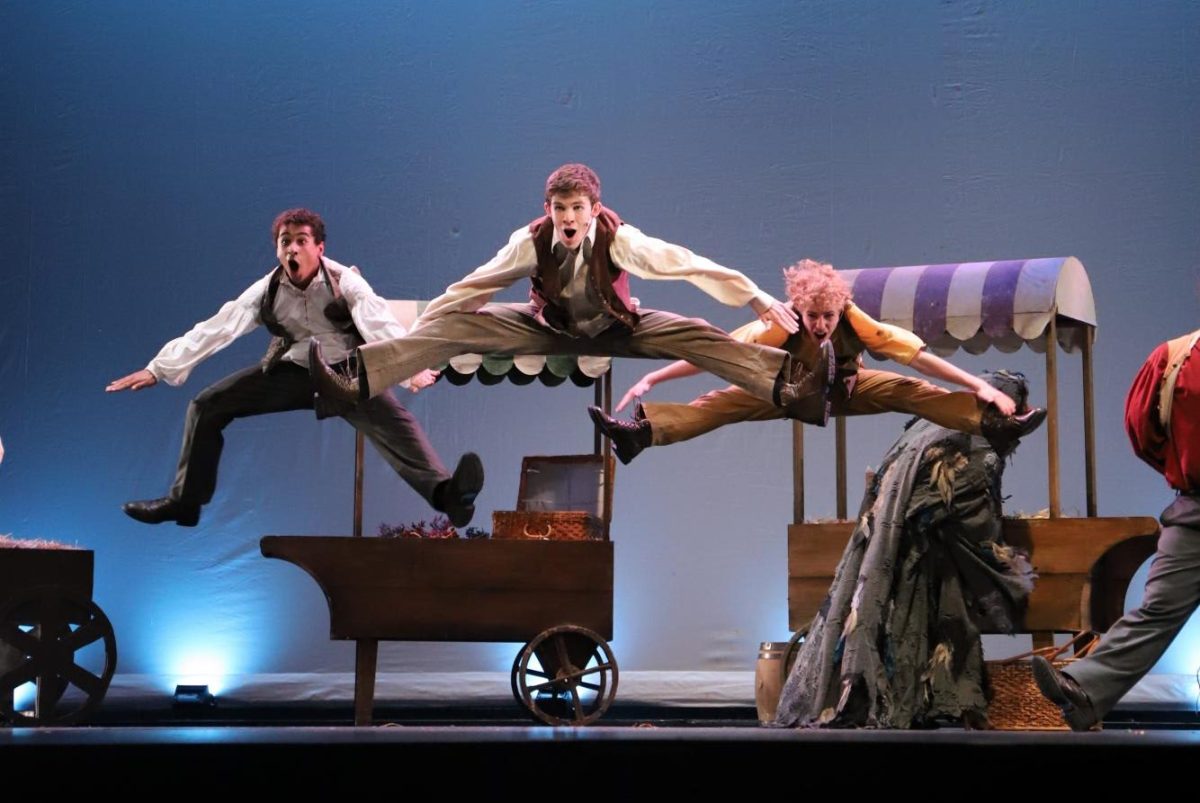
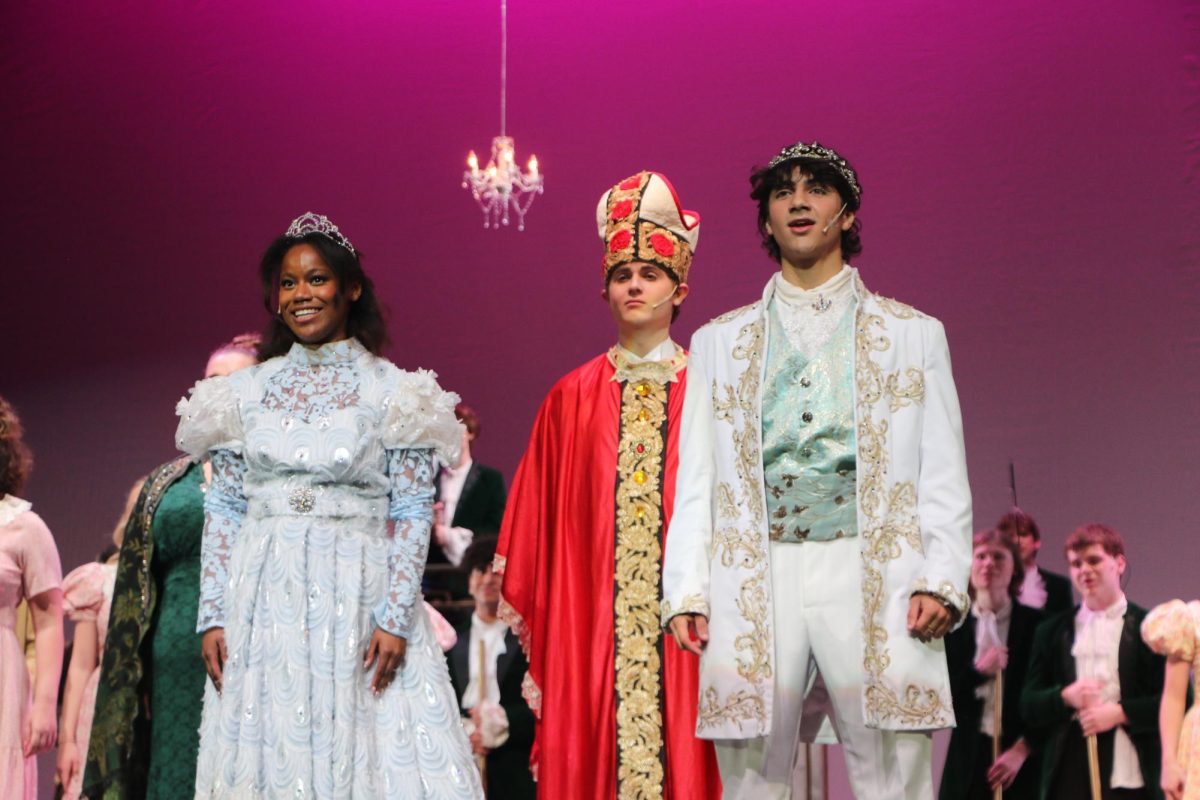
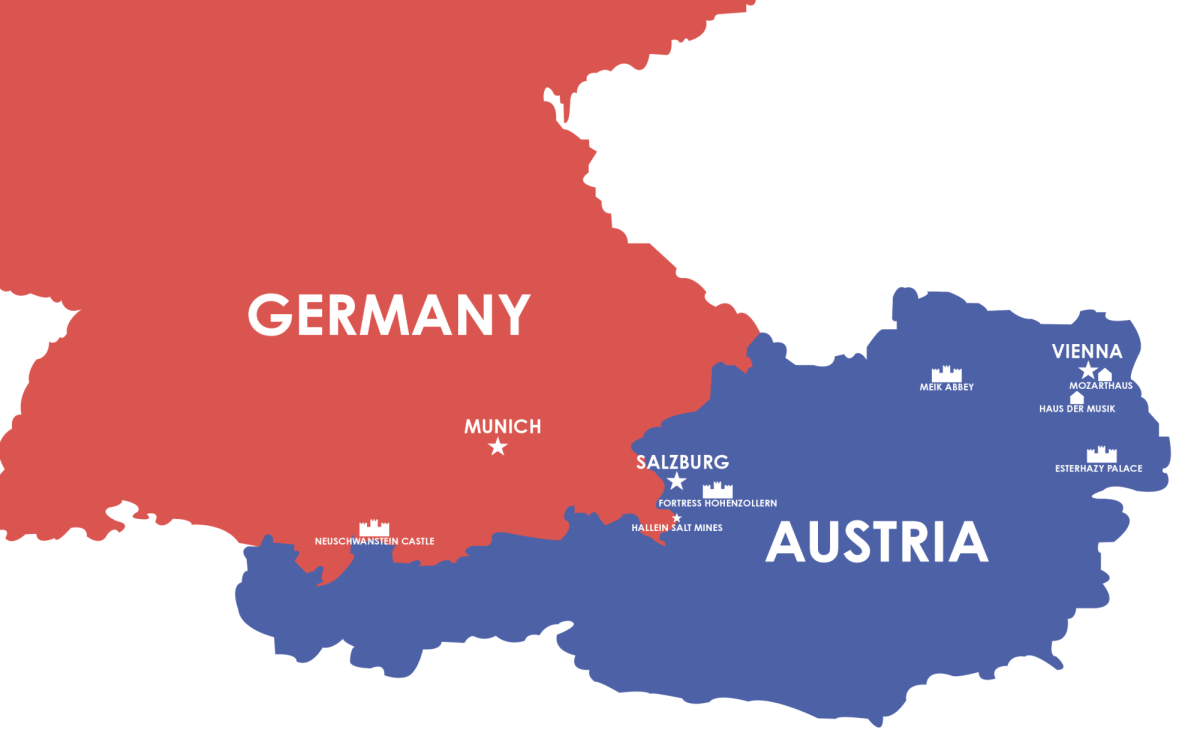


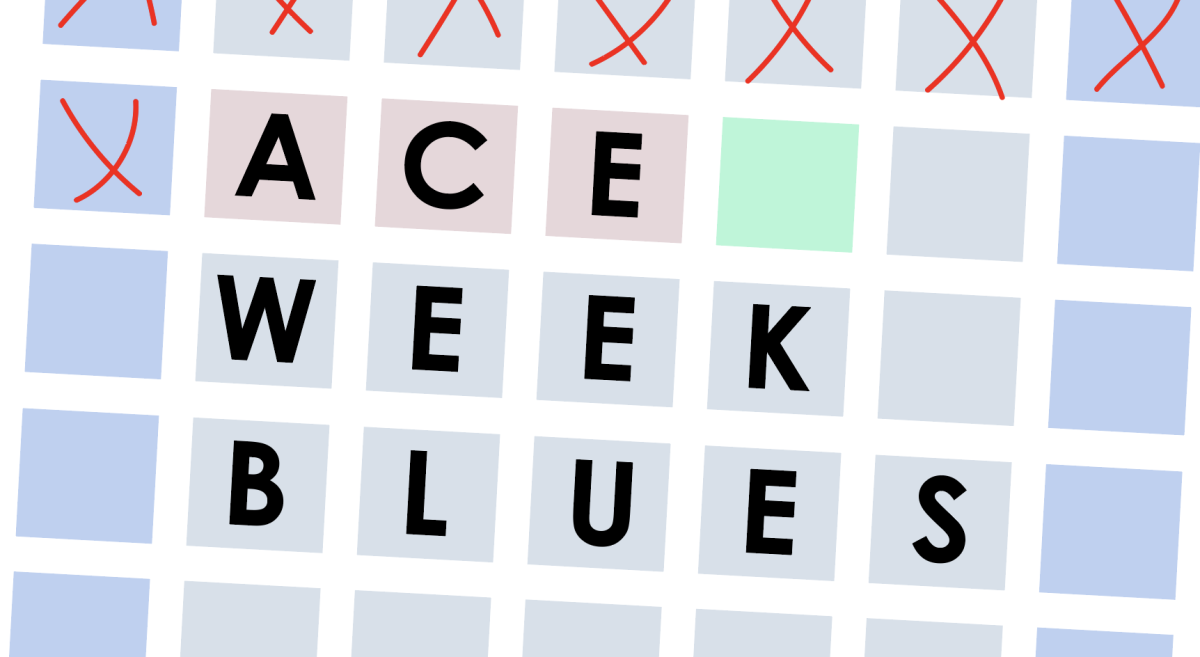
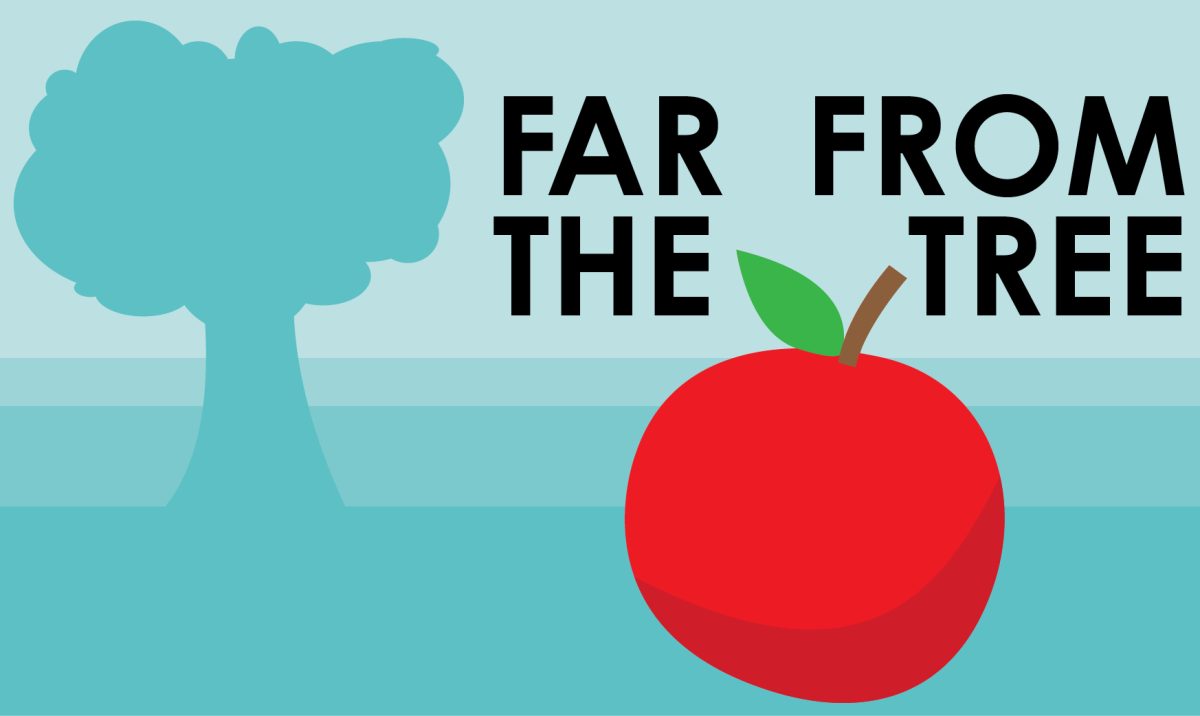
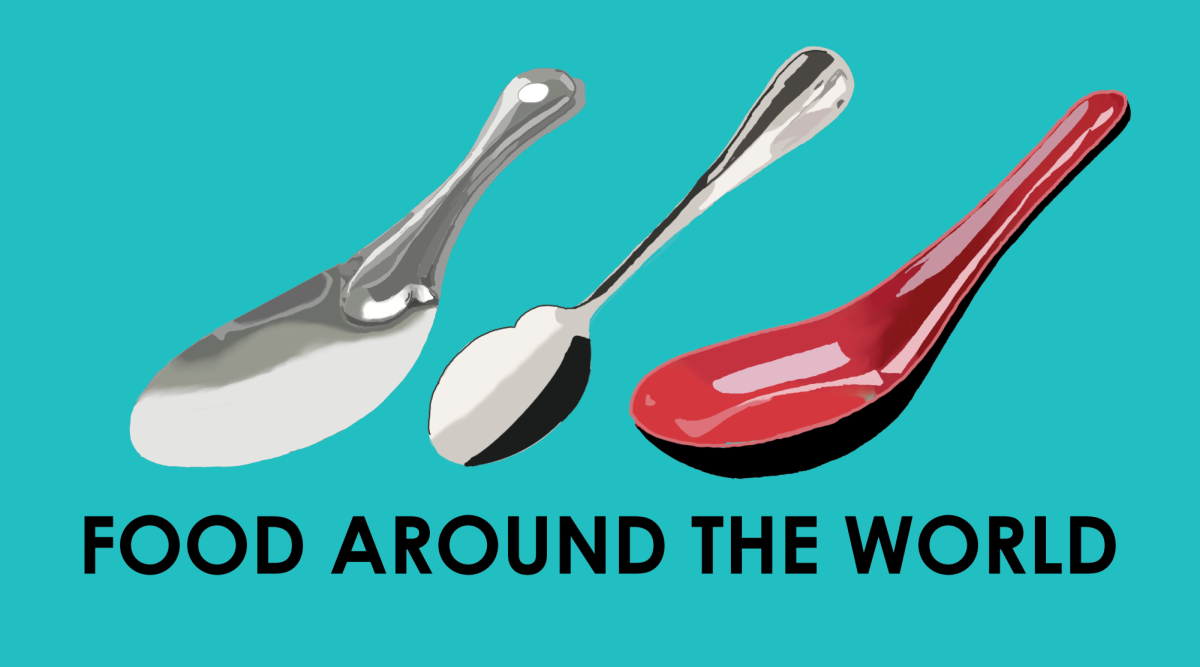
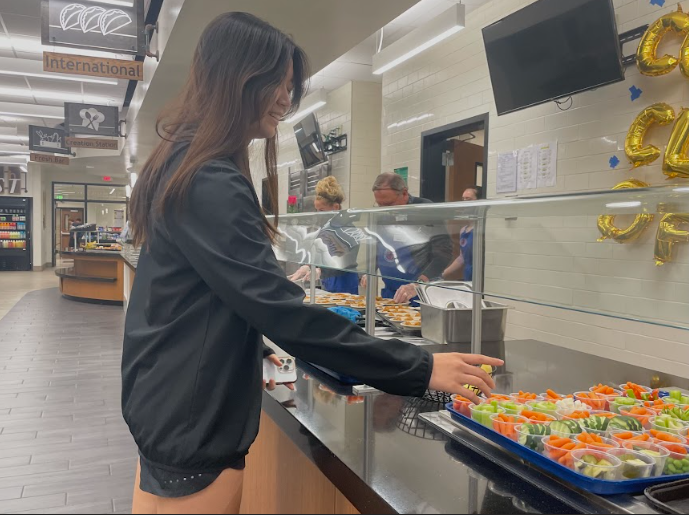





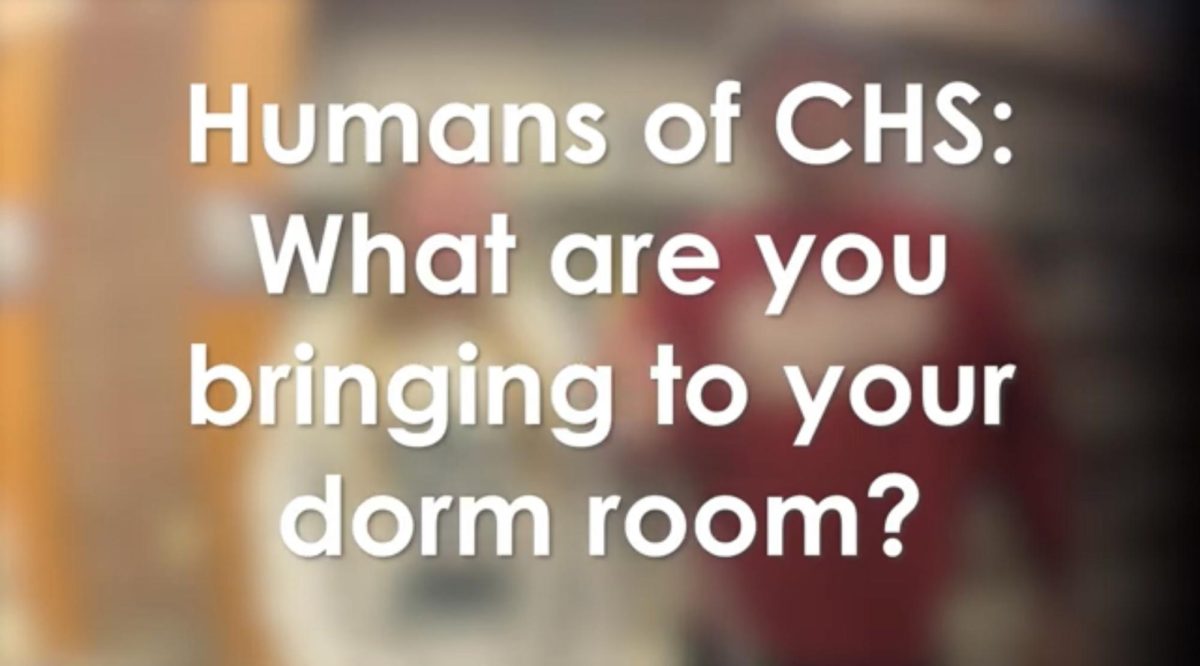









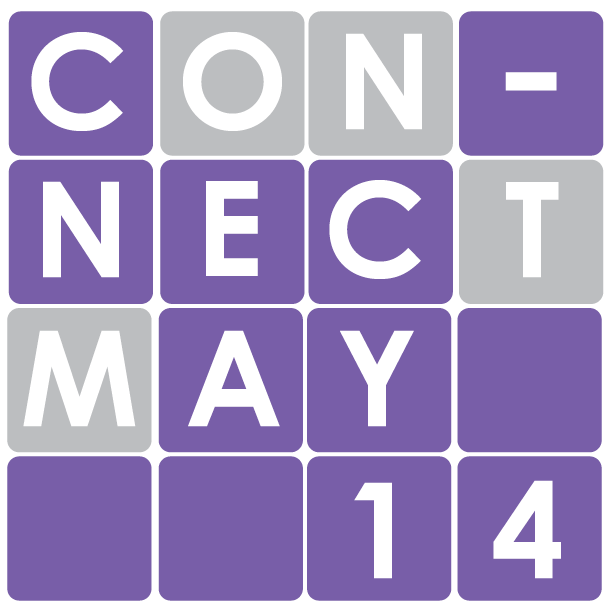

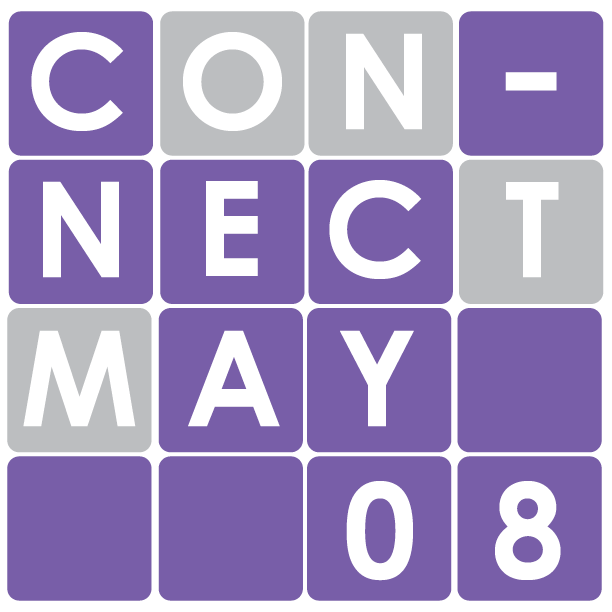

![Review: Taylor Swift’s new album The Tortured Poets Department is not her best work but is still a brilliant album [MUSE]](https://hilite.org/wp-content/uploads/2024/05/The-Anthology_Cover-1200x675.webp)
![Review: Challengers does it all [MUSE]](https://hilite.org/wp-content/uploads/2024/05/challengers-poster-1200x600.png)
![Review: A House of Flame and Shadow by Sarah J. Maas was a disappointing read [MUSE]](https://hilite.org/wp-content/uploads/2024/05/house-of-flame-and-shadow-feature.png)
![Review: Conan Gray’s new album, “Found Heaven”, is a refreshing twist on modern music [MUSE]](https://hilite.org/wp-content/uploads/2024/05/Screenshot-2023-10-31-at-16.01.05.webp)
![Review: “Bodies, Bodies, Bodies” is the quintessential Gen-Z movie [MUSE]](https://hilite.org/wp-content/uploads/2024/05/Screenshot-2024-05-15-140618.png)
![Review in Print: Maripaz Villar brings a delightfully unique style to the world of WEBTOON [MUSE]](https://hilite.org/wp-content/uploads/2023/12/maripazcover-1200x960.jpg)
![Review: “The Sword of Kaigen” is a masterpiece [MUSE]](https://hilite.org/wp-content/uploads/2023/11/Screenshot-2023-11-26-201051.png)
![Review: Gateron Oil Kings, great linear switches, okay price [MUSE]](https://hilite.org/wp-content/uploads/2023/11/Screenshot-2023-11-26-200553.png)
![Review: “A Haunting in Venice” is a significant improvement from other Agatha Christie adaptations [MUSE]](https://hilite.org/wp-content/uploads/2023/11/e7ee2938a6d422669771bce6d8088521.jpg)
![Review: A Thanksgiving story from elementary school, still just as interesting [MUSE]](https://hilite.org/wp-content/uploads/2023/11/Screenshot-2023-11-26-195514-987x1200.png)
![Review: When I Fly Towards You, cute, uplifting youth drama [MUSE]](https://hilite.org/wp-content/uploads/2023/09/When-I-Fly-Towards-You-Chinese-drama.png)
![Postcards from Muse: Hawaii Travel Diary [MUSE]](https://hilite.org/wp-content/uploads/2023/09/My-project-1-1200x1200.jpg)
![Review: Ladybug & Cat Noir: The Movie, departure from original show [MUSE]](https://hilite.org/wp-content/uploads/2023/09/Ladybug__Cat_Noir_-_The_Movie_poster.jpg)
![Review in Print: Hidden Love is the cute, uplifting drama everyone needs [MUSE]](https://hilite.org/wp-content/uploads/2023/09/hiddenlovecover-e1693597208225-1030x1200.png)
![Review in Print: Heartstopper is the heartwarming queer romance we all need [MUSE]](https://hilite.org/wp-content/uploads/2023/08/museheartstoppercover-1200x654.png)











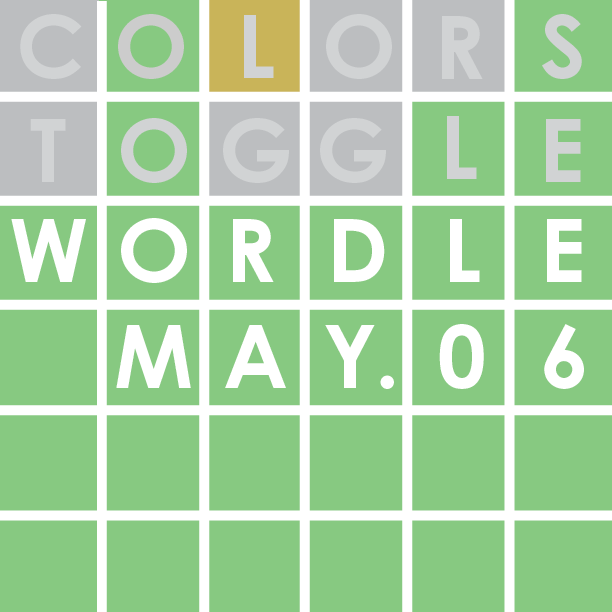

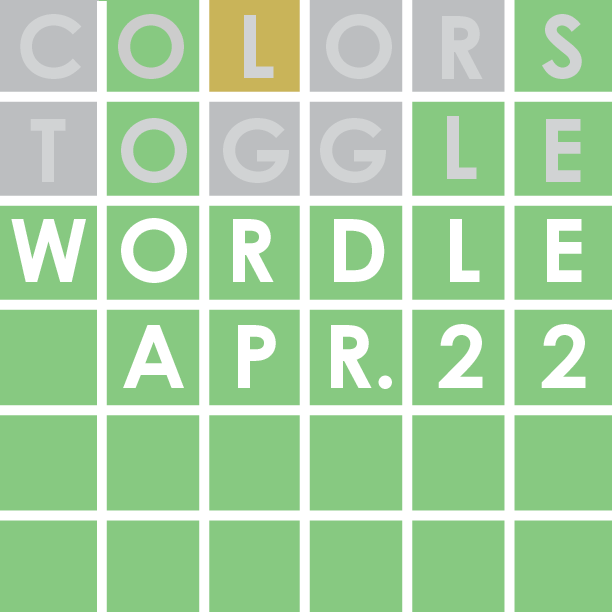

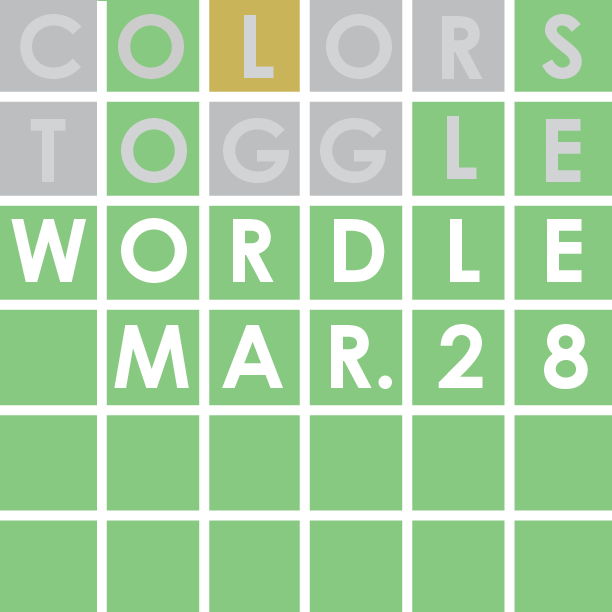






![Review: “Ginny & Georgia” is a dramatic and poorly made emotional rollercoaster–and I loved it anyway [MUSE]](https://hilite.org/wp-content/uploads/2024/03/ginny-and-georgia-season2-main-be37bbb9487a41e88b3f66c3baacd5c3-300x177.jpg)
![Review: Witch Hat Atelier is a masterpiece in art and world-building, but the story has only begun [MUSE]](https://hilite.org/wp-content/uploads/2024/01/unnamed-211x300.png)
![Review: “Mysterious Lotus Casebook” is an amazing historical Chinese drama [MUSE]](https://hilite.org/wp-content/uploads/2024/03/0-300x170.webp)
![Review: “A Little Life” by Hanya Yanagihara is the epitome of a heartwrenching masterpiece [MUSE]](https://hilite.org/wp-content/uploads/2024/01/unnamed-5-300x200.png)

